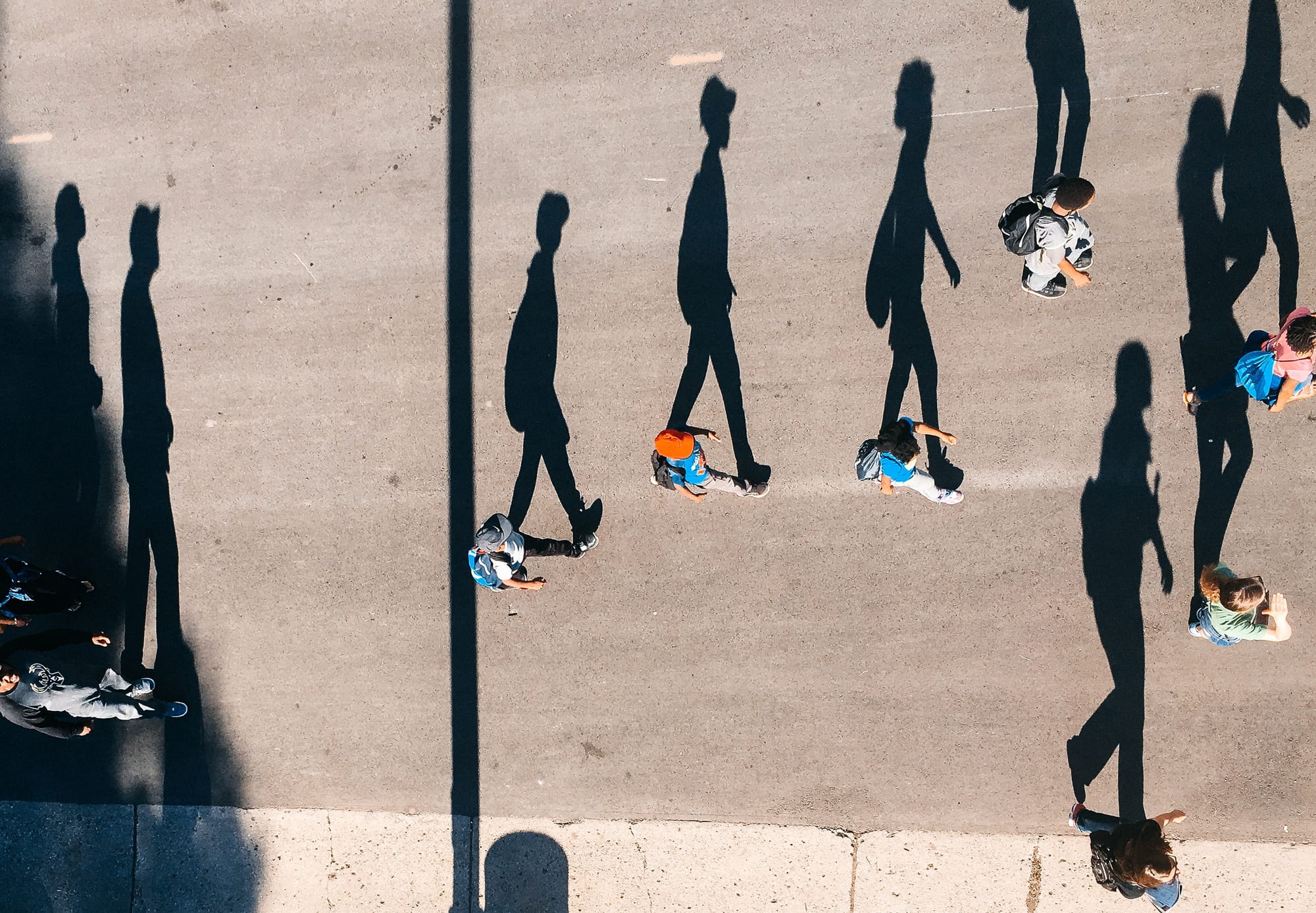Bereavement and Loss

Heartbreak is at the core of what makes us human—holding the hand of a terminally sick loved one, staring at a burned down old-growth forest, being served papers for divorce, not receiving the love or care you need, the guilt and remorse from hurting someone you love, or so many other grief-ripe moments of life. Although the details of each person's experience are unique, there is a common fiber entwined in every human heart that binds one to another. The beauty of working with grief is that you quickly realize that it is not solely your grief. However, as our modern consumer culture continues to worship at the altar of individualism, that braided thread grows weaker and more frayed with each passing day. We have no way to meet the enormity of our grief because it isn't a burden that can be carried alone, nor was it ever meant to be.
Consequently, those grief-ripe moments often go unacknowledged and unnoticed or are numbed and avoided. Instead of tending to our griefs together, we pile them up in the dark corners of our closets, where they collect dust indefinitely. Ultimately, they become the midnight monsters we can no longer avoid. It isn't hard to see that we are now living the consequences.If we ever hope to heal the heart of humanity, it begins by tending to the fragile threads that hold us together. It's time for us to clean our closets and wipe the dust from our grief that we've hidden and neglected for so long. We must learn the skills of communal literacy in these times of trouble. Perhaps in doing so, we will uncover the essence of what it means to care for each other in a more village-minded way.The Inuit word “qarrtsiluni” means “sitting together quietly in the dark.”
How do we begin to face mystery, uncertainty, darkness, and unknown? We do it together. In our individualistic culture, learning how to do so is an immense but essential task. Counselling helps to support you through this process.



